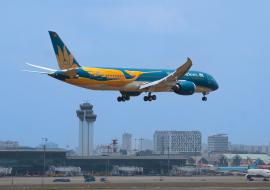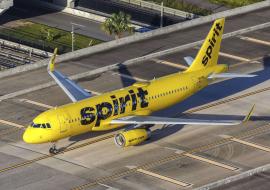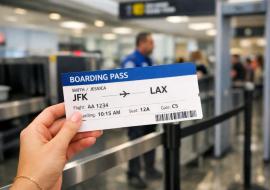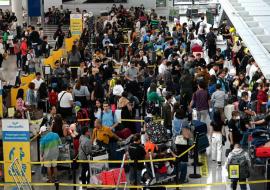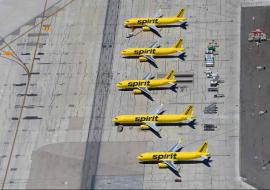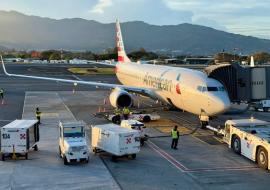Air Canada Flight Attendants Reject Tentative Deal, Dispute Heads to Mediation
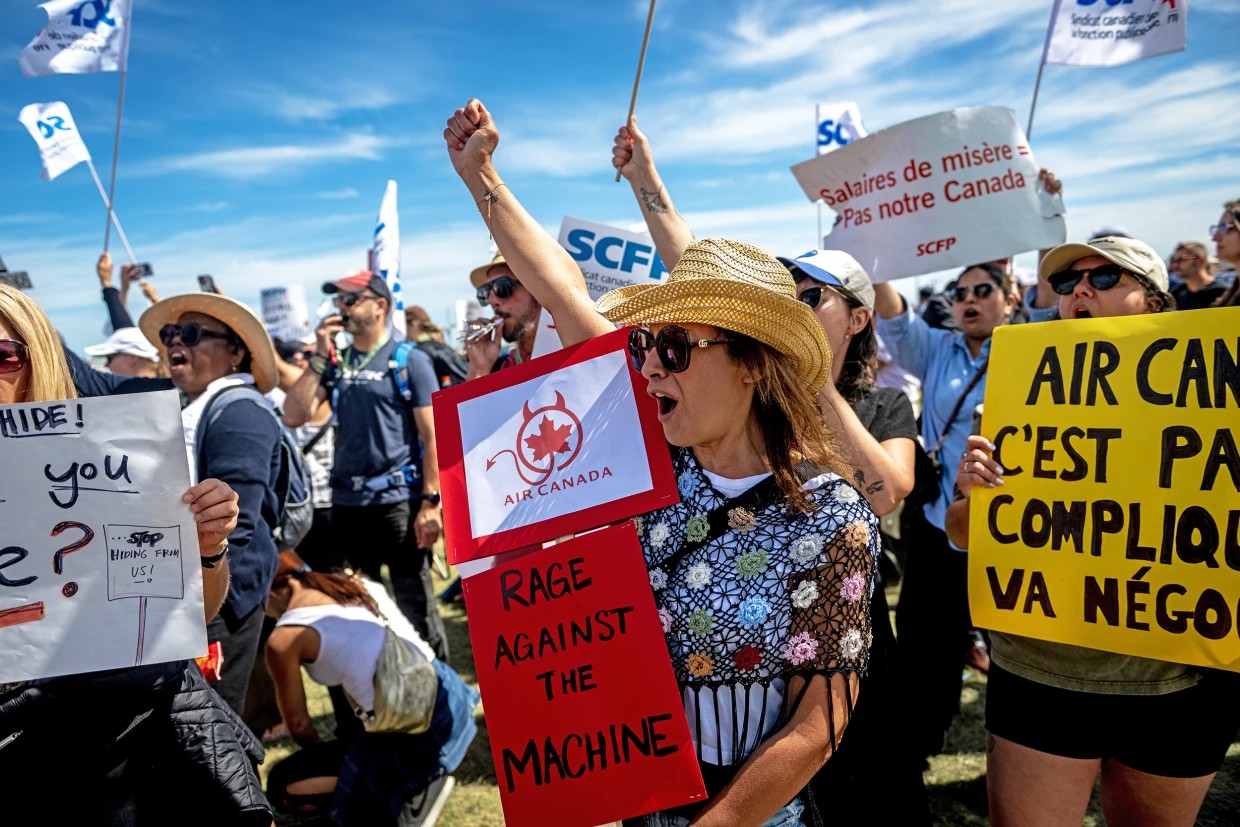
Photo: NBC News
In a decisive move, nearly 10,000 Air Canada flight attendants have rejected a tentative wage agreement, with an overwhelming 99.1 percent voting against the deal. The agreement, reached in August to end a disruptive three-day strike, was expected to stabilize operations, but union members judged the wage provisions inadequate.
The Canadian Union of Public Employees (CUPE), which represents the attendants, said its members were particularly dissatisfied with how groundwork compensation was structured. This includes pay for time spent boarding passengers, performing safety checks, and other pre-flight duties. The rejected deal offered partial boarding pay, starting at 50 percent of the flying rate and rising to 70 percent by the fourth year of the contract.
Despite the rejection, a prior arrangement between Air Canada and CUPE ensures there will be no further strikes or lockouts. Instead, the dispute now moves to mediation, and if necessary, to binding arbitration. This framework guarantees continued operations, shielding passengers from immediate travel disruptions.
The airline has confirmed that its flight schedule remains unaffected, and all services will continue as planned. Still, the near-unanimous rejection highlights the depth of worker frustration and raises concerns about a prolonged labor conflict if arbitration fails to satisfy both sides.
Industry observers warn that the overwhelming “no” vote signals a potentially volatile labor climate. While flights are running normally today, future tensions could emerge if binding arbitration imposes terms that attendants feel do not adequately address pay, scheduling, or staffing levels.
The conflict began in mid-August, when attendants launched a walkout that prompted a government-ordered return to work. That intervention led to the tentative August 19 accord, which was ultimately rejected by members. Now, with mediation underway, the next phase of the standoff will test whether the parties can find common ground without further disruption to Canada’s largest airline.








